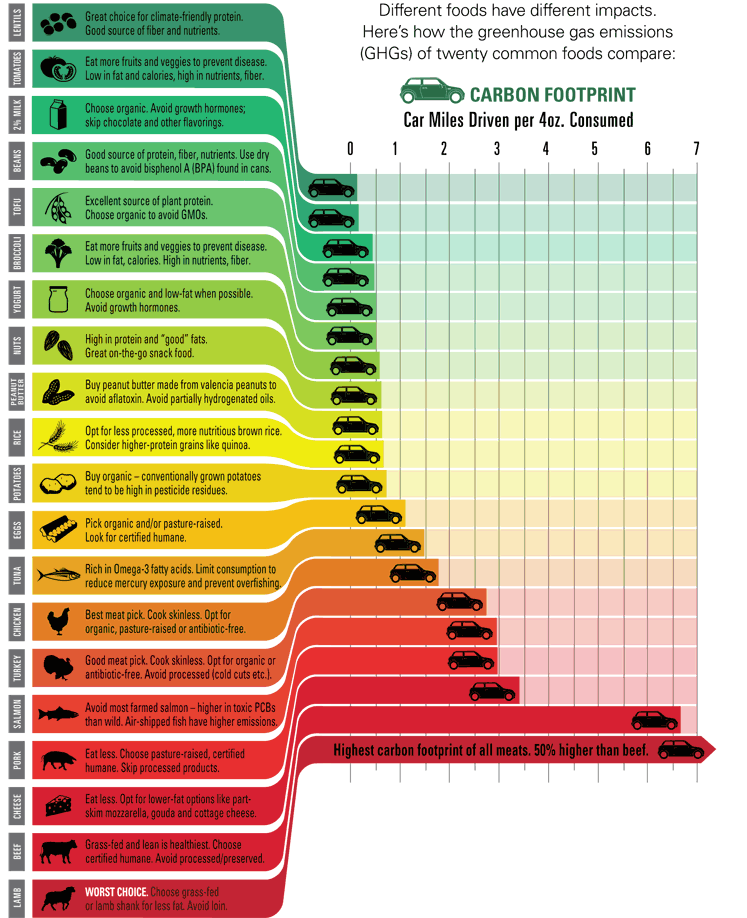Weathered Belts, Broken Records & South Korea's Dog Days
 • If you like the look of an old, weathered and beat-up leather belt, you've probably been disappointed with the vegan selections thus far. In comes CLIFF belts to the rescue, made from cork. The cork is lightweight, strong, and the belts are reversable. So put a cork in it and go buy one. Eventually, you can even build your own. According to the CLIFF website:
• If you like the look of an old, weathered and beat-up leather belt, you've probably been disappointed with the vegan selections thus far. In comes CLIFF belts to the rescue, made from cork. The cork is lightweight, strong, and the belts are reversable. So put a cork in it and go buy one. Eventually, you can even build your own. According to the CLIFF website:
Cork is environmentally preferable to leather as it comes from a lower carbon impact source (tree bark) and does not use animal products in its manufacture (a vegan product). The environmental concerns associated with leather include the energy and carbon intensity of generating animal products and the chemicals used in the leather tanning process that can be damaging to human health and the environment. Cork is a naturally beautiful and greener alternative to leather.
• I feel like a broken record. A new environmental study urges people to eat far less meat and cheese. This one is interesting, though. Unexpectedly, the biggest offender when it comes to GHG emissions is lamb! Lamb is a whopping 50% worse than beef. Damn! What sicko eats a defenseless, cuddly baby, anyway? Macho men, that's who - guys who are tough enough to stand up to a dangerous creature like a lamb! Take that you puffy, fluffy, gentle threat to my manhood.

The deadly creature in question
The Environmental Working Group (EWG) released the Meat Eater's Guide to Climate Change and Health, a comprehensive study warning Americans that the extreme amounts of meat and cheese we eat take a huge toll on the environment, animal welfare and human health. Meat and dairy products require more energy and resources to produce, and generate more toxic waste and pollution than equivalent amounts of potatoes, rice, beans and other plant-based foods. According to the EWG, if everyone in the U.S. chose vegetarian foods over meat or cheese for just one day a week, the reduction in greenhouse gas emissions would be the equivalent of taking 7.6 million cars off the road per year.

A dog rescued in 2010 from South Korea's meat trade - In Defense of Animals
